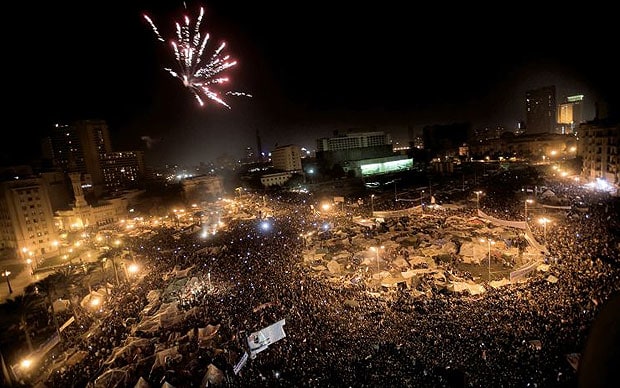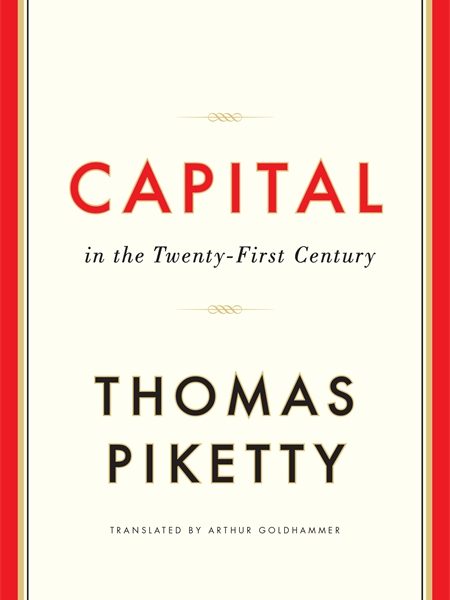When asked to define revolution, socialists often quote a famous statement by Leon Trotsky: “The most indubitable feature of a revolution is the direct interference of the masses in historical events.” …


When asked to define revolution, socialists often quote a famous statement by Leon Trotsky: “The most indubitable feature of a revolution is the direct interference of the masses in historical events.” …
By Stephen D’Arcy
Strikes are only one form of struggle, and perhaps less and less important as the years pass. But the disappearance of strikes — documented in the accompanying graph — is not an anomaly. It reflects a pattern of diminishing overall levels of oppositional social mobilization. Although there aren’t (as far as I know) statistics on it, it is obvious that levels of social struggle generally, in the Canadian state, are lower now than at any time since written records have been kept.
By Betsy Esch and David Roediger
This article challenges us to go beyond an either-or approach to race and class. It is a very slightly edited version of an article originally published in 2006 in issue 56 of the print magazine New Socialist.

By Barry Finger
Review of Thomas Piketty, Capital in the 21st Century, translated by Arthur Goldhammer (Harvard University Press, 2014)
French economist Thomas Piketty’s latest book, which first appeared in 2013 and was published in English in 2014, has stimulated a great deal of much-needed debate about the ever-growing level of social inequality in contemporary capitalism. It has certainly encouraged liberals, who seek an alternative to austerity policies that they believe might save capitalism from a profound social crisis. At the same time, it has baffled and irritated Marxists and other heterodox economists of the left, who feel the book misdirects our analysis of the nature of capitalist inequality.

By Cinzia Arruzza
A few months ago on the New York subway I saw the most incredible poster, a picture of a crying baby of colour with the words, “Got a good job? I cost thousands of dollars each year”. While I was still recovering from the shock, I saw a similar poster of a little Black girl: “Honestly Mom… chances are he won’t stay with you. What happens to me?”

By DL Simmons
With the indigenous activists of Idle No More and Defenders of the Land calling to make the summer of 2013 “Sovereignty Summer” — a “campaign of coordinated non-violent direct actions to promote Aboriginal rights and environmental protection in alliance with non-native supporters” — it’s a good time to look at the relationship between indigenous struggle and radical politics. With this in mind, we are glad to publish a revised and updated version of a piece that originally appeared in the special Indigenous Resurgence issue of New Socialist in 2006.
During the peak of the Red Power movement in the late 1960s and early 1970s, many newly radicalizing indigenous people became interested in exploring various theories of revolution and socialist organization.

By Glen Coulthard
“…Indigenous societies have truths to teach the Western world about the establishment and preservation of relationships between peoples and the natural world that are profoundly non-imperialist.” Glen Coulthard, New Socialist, 2006.
These words, written more than half a decade ago, ring truer than ever as the Journey of Nishiyuu is nearing its Ottawa destination as part of the Idle No More movement. Since their departure from the isolated Cree community of Whapmagoostui on Hudson Bay in northern Quebec on January 16, the ranks of walkers have swelled to nearly 200.
Meanwhile, Defenders of the Land and Idle No More have issued a joint call for intensified action against the Harper government and the corporate agenda: a “Solidarity Spring” to precede a “Sovereignty Summer,” with actions on the International Day for the Elimination of Racial Discrimination on March 21, Earth Day on April 22, and through the summer. New Socialist celebrates this mobilization and the solidarity that can defeat the Harper agenda.
Review of Zak Cope, Divided World, Divided Class: Global Political Economy and the Stratification of Labour Under Capitalism (Kersplebedeb, 2012)
By Charlie Post
A specter has haunted anti-capitalist radicals and revolutionaries for more than 150 years—the specter of working class reformism and conservatism in the global North of the capitalist world economy. Why have those who Marx called the “grave-diggers of capitalism,” the wage-earning majority of the industrialized societies, embraced politics that either seek to “balance” the interests of capital and labour (reformism) or blame other workers for falling living standards and working conditions (conservatism)?
By Susan Ferguson
This article could begin pretty much anywhere, describing any number of contemporary fads that work to reproduce and reinforce our deeply (hetero)sexist Western norms and behaviours. Girls Gone Wild videos. Toddlers in Tiaras. Playboy bunny-stamped snowboards and cellphone covers. Sex bracelets that signal which sex acts the (inevitably female) wearer is willing to perform. Kiddie-thongs. Thongs.
By Adrie Naylor
The claim that economic crises and austerity have an uneven impact on the working class — with the greatest effects being felt by women and children — is one we hear often on the Left. However, with some important exceptions, this claim is all too often just an aside or a footnote.
By Charlie Post
Review of Lars T. Lih, Lenin (London: Reaktion Press, 2011)
Few historical figures on the international revolutionary left have been the subject of as much historical myth-making as Lenin.
Alan Sears’s “Notes Towards a Socialism for the Times” is a very good article to get people interested in socialism, or to reinvigorate the passion of those already knowledgeable on the topic. It strives to explain what socialism from below is, how it fell by the wayside and why we need it back.
This is the third in a series of letters by one of the editors of NS Webzine. The first two are here and here.
Dear A,
You asked me if the people who publish this webzine are Trotskyists. Speaking only for myself here, I don’t consider myself a Trotskyist. I think the best of Trotskyism can contribute to the kind of socialist politics that’s needed today, but that we need to go beyond Trotskyism. Let me try to explain.
By Susan Ferguson
When last year’s Olympic torch arrived in the Mohawk community of Kahnawake, Quebec, on its way to Vancouver’s 2010 Winter Games, the clash of politics and sports prompted some tricky negotiations.
By Alain Badiou
We reproduce this recent essay by the French radical philosopher Alain Badiou because of its thoughts about the times in which we’re living and about the “communist hypothesis,” which are not just relevant to people in France. As always, signed articles on this site do not necessarily reflect the views of the editors or publisher (in particular, New Socialist does not share Badiou’s belief that the USSR, Mao’s China and similar societies were socialist) -NS